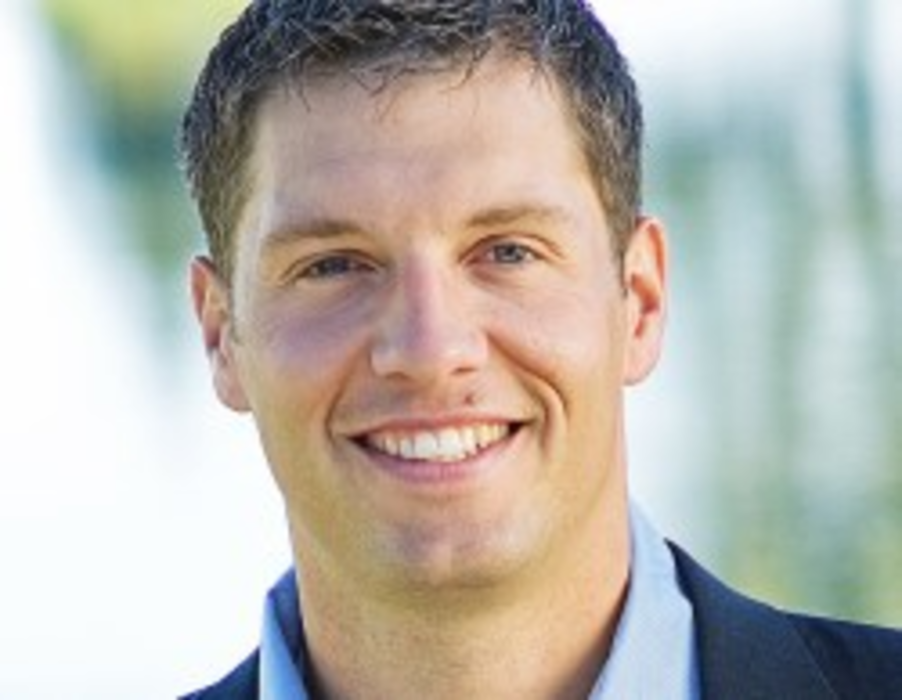Jason Mittelstaedt, CMO of RightNow, a customer experience management (CEM) technology company, explains the distinction between CRM and CEM and why social media may never be a platform for direct marketing.
Direct Marketing News (DMN): I’ve noticed that a lot of companies are using the term CEM rather than CRM. What’s the reason? What’s the difference between the two?
Mittelstaedt (RightNow): We’re in New York sponsoring Forrester’s Customer Experience event. They have twice as many people in the room as they did last year. There’s been an explosion in emphasis on experience. At its core, there’s a lot of commonality between CRM and CEM. The roots of CRM are internally oriented and sales automation-centric. A lot of people use CRM and sales automation synonymously. CEM is externally oriented and about engagement with the consumer across channel.
DMN: What can a CRM company do to help a marketing team improve communications with customers?
Mittelstaedt: It’s all about access to data. As a CMO, data is king for me. I don’t want disparate data. I want enriched data. I’m not talking about name and email address. I want customer preferences based on interactions and meaningful profile information. We’ve got to make that accessible and usable. The second thing is the CMO’s role is changing dramatically from a communications and advertising center to an experience center. We all know with social, mobile and with the Internet, it’s not what we say but what we do. With CRM tools, if marketing is disconnected from the experience at the call center, at the website, if it’s not consistent with what marketing has designed, then it’s all for naught.
DMN: How did the Salesforce.com acquisition of Radian6 affect your business?
Mittelstaedt: We acquired HiveLive almost two years ago. We introduced Cloud Monitor before that. You can’t separate social and CRM. They’re going to be innately integrated going forward. That was meaningful news and we pay a lot of attention to what goes on in the marketplace. There have been a lot of acquisitions in that space in general. That’s validation for the space. It’s not enough to just listen. If you look at what’s going on in brand discussions, it’s not about how to more effectively listen. It’s about what to do about what you hear. People vent on Twitter. The question isn’t if you hear that. It’s how do you operationalize and engage with those opportunities.
DMN: Can social be used as a direct marketing tool?
Mittelstaedt: My answer is yes, but it would be a cautious yes. People don’t like to be marketed to. Nobody likes to be sold to. Everyone likes to receive great service. Social media is an incredible communication vehicle. But the ante into the game is authenticity. Social is really good at sniffing out inauthentic communications, statements and ideas. If you try to use it too aggressively as a marketing vehicle it may come back to bite you. But if you use it to share ideas, to be transparent, to get feedback, it’s an incredible opportunity.
DMN: Will privacy legislation affect data collection on social?
Mittelstaedt: Never say never when it comes to privacy legislation. The advantage for social is that the consumer opts in. The governments might be more interested in whether or not the communities are forthright in what they’re collecting and capturing. You choose to join a community and you can choose to leave a community.








